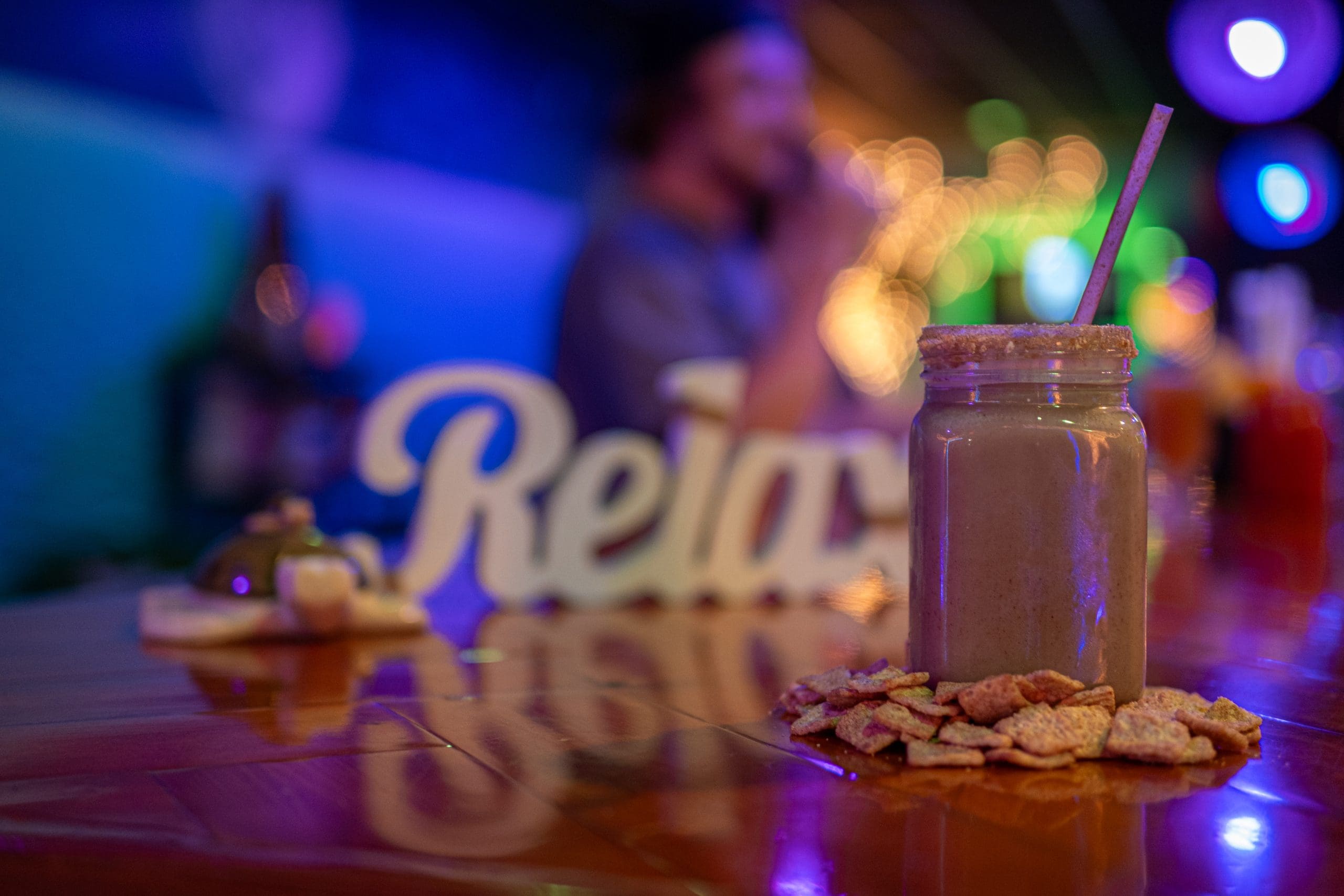
Spotting Genuine Kava: How to Identify Authentic Kava Products
Kava, also known as Piper methysticum, is a traditional beverage made from the roots of the kava plant. It has been used for centuries in Pacific Island cultures for its relaxing and calming effects. However, due to its rising popularity, the market has seen an influx of substandard or adulterated kava products. To ensure you’re getting the real deal, it’s essential to know how to spot genuine kava. In this article, we will provide you with some key indicators to identify authentic kava products.
Source of Kava
The origin of kava plays a significant role in determining its authenticity. Look for kava products that come from reputable kava-growing regions such as Fiji, Vanuatu, Tonga, or Samoa. These countries have a long-standing tradition of cultivating and processing high-quality kava. Avoid products that claim to be made from kava sourced from unknown or non-traditional regions.
Plant Variety
Authentic kava is made from specific varieties of the kava plant, namely noble kava cultivars. Noble kava varieties are known for their superior quality and desirable effects. They are typically devoid of harmful compounds found in lesser-quality kava, such as tudei (or two-day) varieties. Ensure that the product you choose explicitly states that it contains noble kava cultivars.
Parts Used
Authentic kava is made primarily from the root of the kava plant. The roots contain the highest concentration of kavalactones, the active compounds responsible for kava’s effects. Avoid products that predominantly use other plant parts, such as stems or leaves, as they are less potent and may not provide the desired effects.
Preparation and Processing
The traditional preparation of kava involves grinding or pounding the kava root into a fine powder, which is then mixed with water to extract the active constituents. Look for products that have undergone proper processing methods to ensure the highest quality. Avoid kava products that appear to be roughly ground or contain large fibrous pieces, as they may indicate poor processing.
Testing and Certification
Reputable kava vendors often subject their products to rigorous testing for quality and safety. Look for products that have been tested by independent laboratories to ensure they are free from contaminants such as mold, heavy metals, or pesticides. Additionally, certifications from recognized organizations, such as the True Kava program, can further validate the authenticity and quality of the product.
Reputation and Reviews
Consider the reputation of the brand or vendor selling the kava product. Look for established companies with a history of sourcing and supplying authentic kava. Read customer reviews and feedback to gauge the experiences of others who have purchased their products. Positive reviews and testimonials can be a good indicator of genuine kava.
Identifying genuine kava products is crucial to ensure you are getting the desired effects and avoiding subpar or potentially harmful substances. Remember to look for kava products sourced from reputable regions, made from noble kava cultivars, and prepared using traditional methods. Check for testing and certifications to ensure quality and safety. By being diligent in your selection, you can enjoy the authentic and beneficial properties of kava.
Identifying Quality Kava from Vanuatu and Fiji: A Comparison
When it comes to purchasing quality kava, both Vanuatu and Fiji are highly regarded for producing exceptional varieties. However, there are some distinguishing factors to consider when identifying quality kava from these two regions. Let’s compare them:
Cultivar Selection
Vanuatu: Vanuatu offers a wide range of noble kava cultivars, including Borogu, Melo Melo, Borongoru, and more. Each cultivar has its own unique flavor profile and effects, allowing you to choose based on your preferences and desired experience.
Fiji: Fiji is known for its distinct cultivars, such as Taveuni and Waka. These cultivars are celebrated for their potency and desirable effects. Fiji kava is often praised for its smoothness and balanced flavor.
Flavor and Aroma
Vanuatu: Kava from Vanuatu is often described as robust and earthy, with a pronounced peppery and sometimes slightly bitter taste. It tends to have a stronger and more complex flavor profile. The aroma can be intense and earthy, reflecting the unique terroir of the Vanuatu islands.
Fiji: Fiji kava is known for its milder taste and smoother flavor profile. It is often described as slightly sweet, with less of the peppery or bitter notes found in some Vanuatu kavas. The aroma is generally more subtle and mellow compared to Vanuatu kava.
Cultural Practices
Vanuatu: Vanuatu has a rich cultural heritage associated with kava. The preparation and consumption of kava hold significant social and ceremonial importance. The traditional preparation methods, including using a straining bag or cloth, pounding the roots, and following specific rituals, are often adhered to, ensuring the preservation of authentic practices.
Fiji: Kava plays a vital role in Fijian culture and social gatherings. The Fijian tradition of preparing and consuming kava is deeply rooted in their customs. While variations in preparation methods may exist, the commitment to quality and traditional practices remains strong.
Market Presence
Vanuatu: Vanuatu kava has gained a reputation for being potent and highly sought after by kava enthusiasts worldwide. Vanuatu’s kava market is well-established, with many reputable vendors offering a wide selection of quality kava products.
Fiji: Fiji kava has also garnered international recognition for its quality. The Fiji kava market is growing rapidly, with an increasing number of vendors supplying authentic Fijian kava. However, the market presence may be relatively smaller compared to Vanuatu kava.
Both Vanuatu and Fiji produce excellent quality kava, each with its own unique characteristics and cultural significance. Vanuatu kava is often celebrated for its robust flavor and strong effects, while Fiji kava is known for its smoothness and milder taste. Consider your preferences and desired experience when choosing between the two. Ultimately, ensuring you purchase from reputable sellers who prioritize quality and authenticity is crucial, regardless of whether you opt for Vanuatu or Fiji kava.
For the nearest authentic Kava Bar, you can check Green Turtle Kava Bar!
